Sugar Golf – Golf Ball Review
Sugar Golf is one of the newest entrants into the direct to consumer (DTC) market for golf balls that wants to deliver a simple ball with a simple message – eliminate all of the fluff, frills, and unneeded costs for a lower consumer cost. In fact, they are singularly minded on the low-cost, quality golf ball and offer a single product on their website currently – the Sugar Cube. The Sugar Cube is a no-frills, bulk package box of 27 urethane golf balls that are true to the company mission. Priced even lower than some other DTC balls, Sugar Golf hopes that you will give them the chance to pour some sugar on your game and let you hit some sweet shots. Ok, enough sugar puns – let’s dig in.
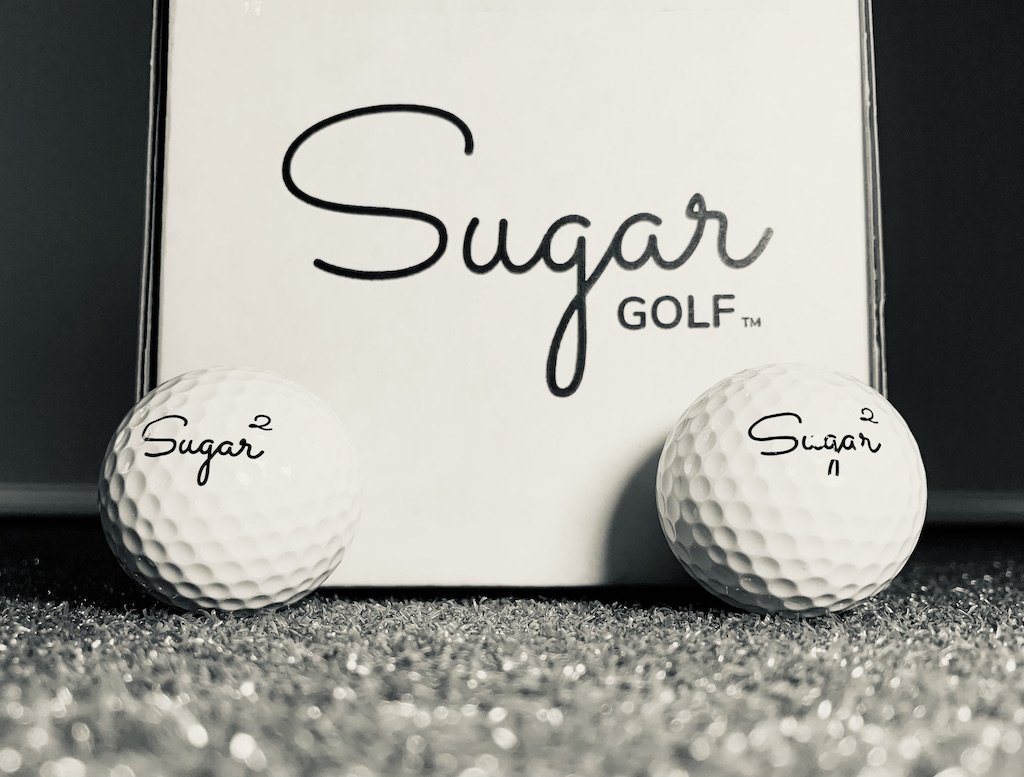
Sugar Golf may not be the first company to take this general low-cost, no frills approach but they also make some impressive claims about the performance for their ball compared to many market leaders. If these claims are true, the Sugar Cube is pretty intriguing at its price tag of $69.00 all-in, with taxes and shipping already built into the price. Roughly $2.50 per ball is a good, but not unheard of, price for a quality urethane ball.
Sugar Golf is right up front that they believe their ball is better than the best golf balls on the market and they have an entire page of their website dedicated to the results of their robot testing to that effect. The results of their robot testing showed that the Sugar balls are longer for both high swing speed players (~112 mph driver) and low swing speed players (~72 mph driver) on driver and iron shots while maintaining comparable launch angle, smash factor, and lower spin on the driver and irons. A single line from their website sums it up – “Put simply, the Sugar Golf ball is the best deal – if not the best ball – in golf.” If you want, you can see the full information on their website here.
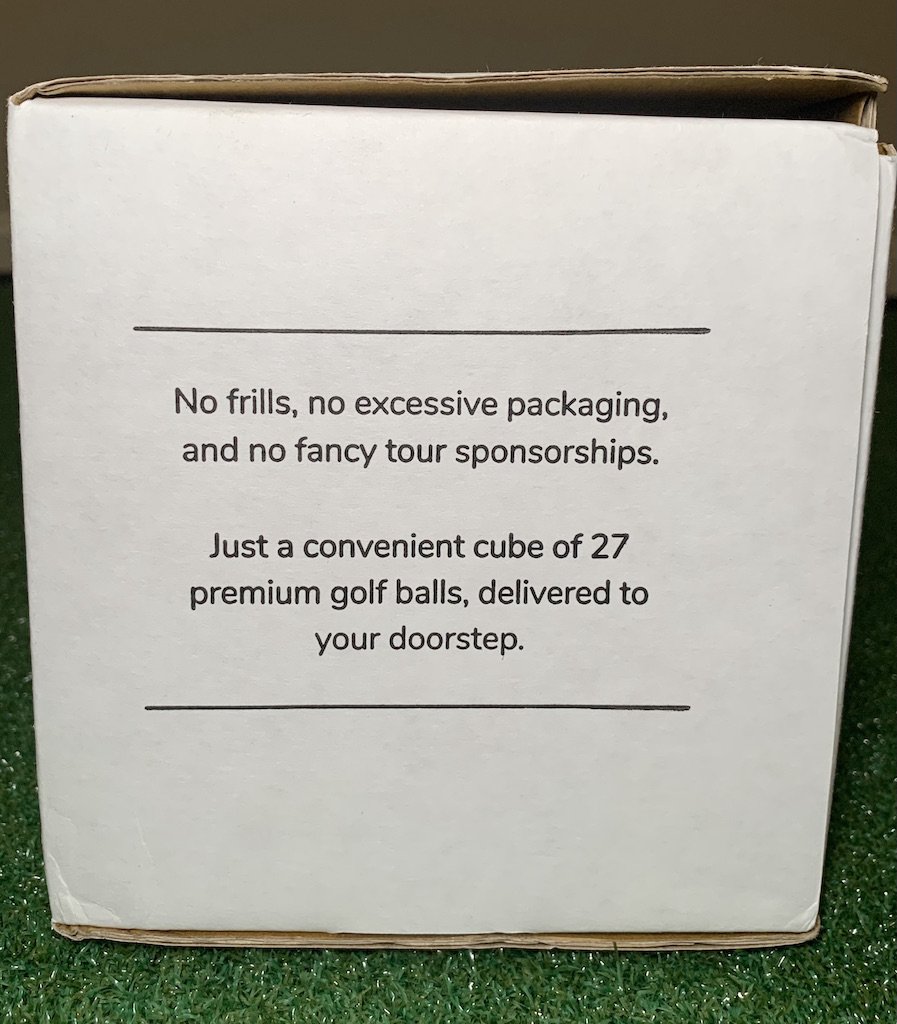
My indoor and outdoor testing of the Sugar ball did not substantiate some of the companies claims and the Sugar Balls didn’t prove to be the world-beaters that won in every category for my game but the results were intriguing nevertheless. I compared the Sugar balls against several big name golf balls that can be purchased at or around the same price point, although only when on sale. I found that the Sugar balls performed nicely on iron and wedge shots and the difference in launch, spin, and ball speed were minimal. The Sugar balls tended to have a few hundred rpms more spin but that can be a benefit with the irons and wedges and the end result was essentially the same. The sound off a putter is also very similar to other three piece urethane golf balls and does not have a distinct “clicky” sound at impact that is so universally panned. So far, so good.
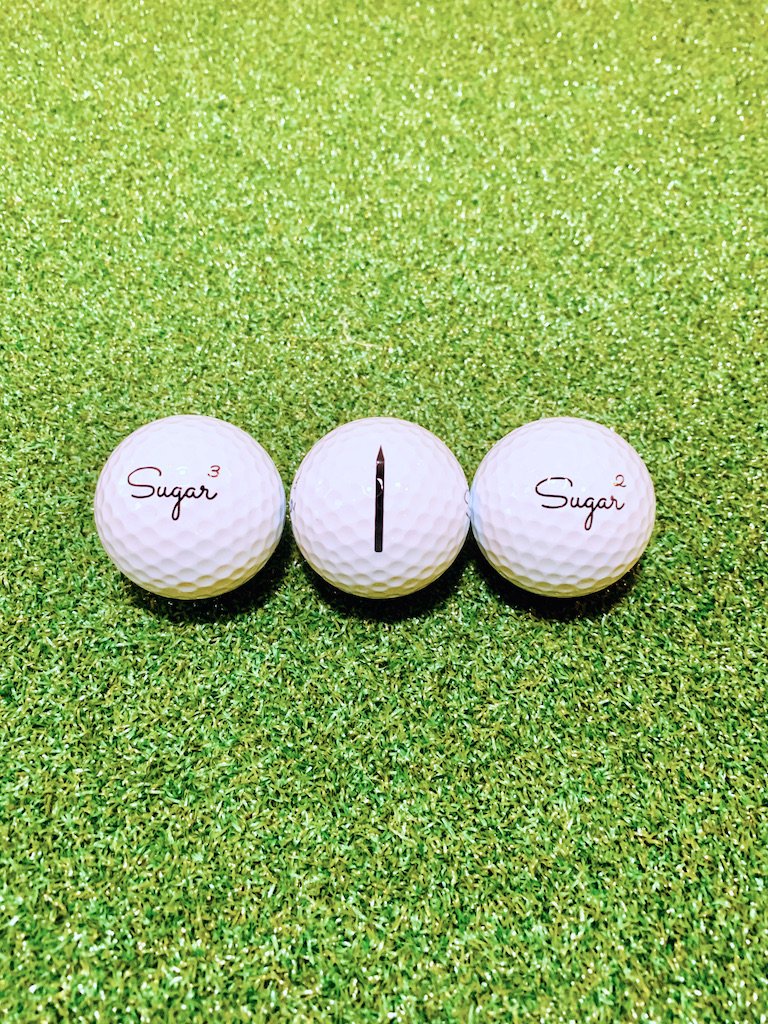
The one place I found the Sugar balls really differentiated themselves from the others was driver spin – the spin numbers were several hundred rpms higher than nearly every ball I tried. Additional driver spin could be a great thing or a massive problem, depending on your game and swing. For my game, and several of my regular playing partners, the added spin reduced carry distance and caused some ballooning of drives, particularly into a wind.
If you need some additional spin on your drives, the Sugar balls could be great for you because the rest of the performance is pretty darn good. The short game performance was rock solid – it checks up well on full and partial wedge shots and is very predictable. In fact, I would go as far as saying the Sugar ball performs as good as expected for shots inside 170 yards for my game but the additional spin on the long game proved detrimental to me, which is a bit of a deal breaker unless I fit my clubs based on ball choice. That just seems backward to me.
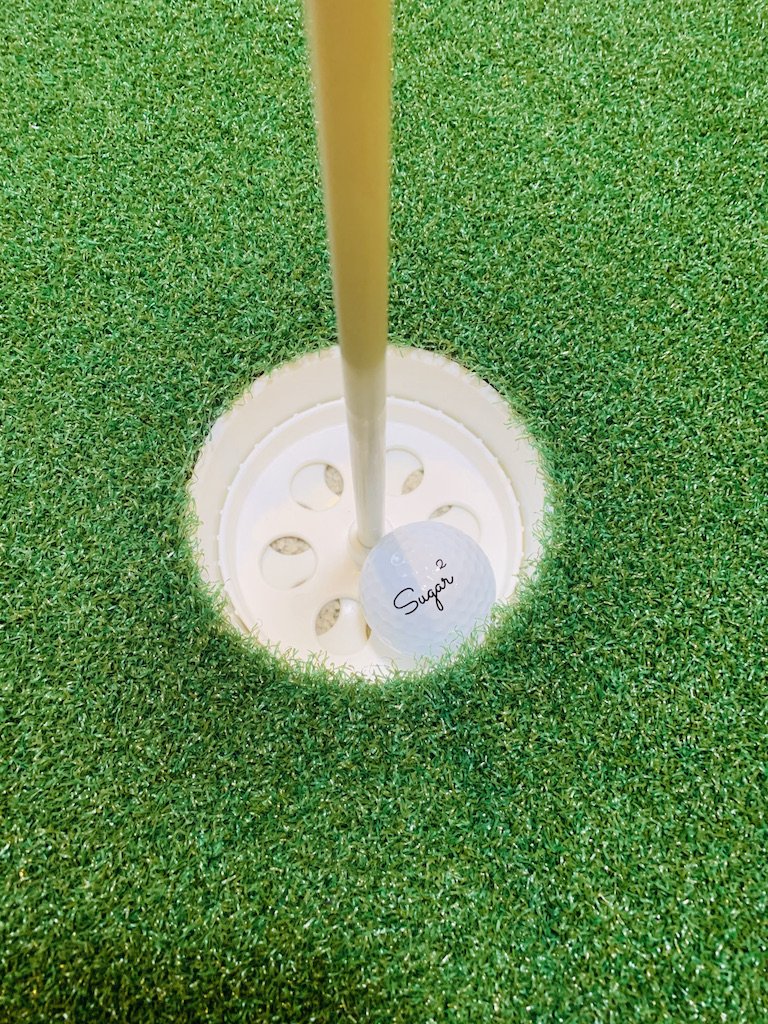
The DTC golf ball landscape is growing rapidly, with a lower cost being the main differentiator that make them unique, and Sugar Golf is an interesting option to add to the market if it fits your game. Sugar Golf proudly says that their balls are made in the “same factories as the big brands you already know,” but I question how much research and development and quality control is in place with true contract manufacturing. This is a general concern of mine for most DTC balls, but I am happy to say I did not find troubling visible defects in the balls that came in my Sugar Cube. The real question is, can the Sugar Cube get traction in a highly competitive market at the current price point or will seemingly ubiquitous sales on the big names hold them back? Only time will tell, but you can learn more at www.sugar.golf or by jumping in the discussion on the forum.



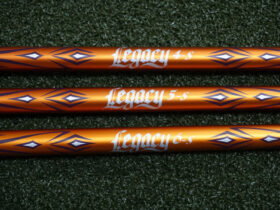
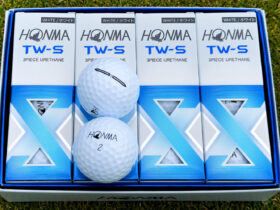






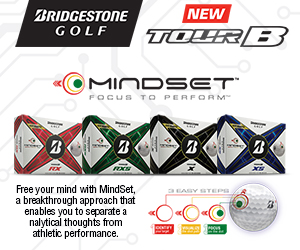
What is with the number 27?
As golf balls get firmer, there will in most cases for normal swing speeds have an increase in spin.
Probably so you will still have two dozen after you buy the cube and send my 3 balls to try.
Ingenious idea if that was the thought process behind it. Man marketing seems to be your thing.
Yeah, thats probably true unfortunately. I liked what I saw when I went to a really low spinning driver but I found it backward to fit my driver to my ball.
One thing I couldn’t test as in depth as I wanted was the durability over time but I would bet a large amount that it’s about the same as every other DTC urethane ball.
Oh they have them and they are low numbers only. I think it would be cool to number all 27 with a 1-27 but I know that wouldn’t work.
About 200 strikes on the 3 I have and that seems like a fair assessment.
Maybe better for a different thread, but are these types of companies really making money?? I’m sure the absolute top of them like Snell and Vice are, but man it seems like there are just so many now. And yet I don’t know that I have ever seen one on a golf course. (honestly really any of them).
That would be interesting for sure…I like the idea.
I wonder this same thing all the time. My guess is yes, they probably make money as currently priced assuming they sell what they bought in bulk. I’m just not sure how many will buy this ball over a Bridgestone or Srixon ball at the same price (on sale).
It depends on their inventory management. None of them (including the two you listed) have their own manufacturing (not necessarily a bad thing). Generally speaking, none of them are doing high level testing or R&D either.
That doesnt mean you cannot get a high quality golf ball, but are any of them pushing the envelope? No.
For the general golfer, just like Kirkland, that’s fine. But for a golfer that works with shafts, fitting, etc etc etc to get the absolute most out of their performance capabilities, to settle on something that could have the biggest impact on their game, is unique.
That’s kind of where I’m at. I would think 95% of people still buy their golf balls from the main companies, leaving very little for the rest, but maybe I’m completely wrong on that.
Started a new thread rather than clog this one up on the overall idea.
Oh come on. If you don’t, I’m going to start calling you sugar balls!
That’s actually a great point. The upfront investment is way more than I’d want going in blind.
this guy would buy some SUGAR!!
wonder if this guy golfs? He would be a good prospect
Clicky is always a deal breaker for me, good to hear the Sugar Golf offering avoids that.
The value looks to be there, we’ll have to wait and see how well they fare in the market.
out of curiosity, @JB have you guys ever tried or plan to review the Clear golf balls?
We offered to. Im sure we will in the future.
Yes, 1000%. That was the exact discussion of someone I gave a few balls to today.
Great article, shows that the average golfer has more choices to play a better quality ball with minimal downsides.
I liked that you were seeing more spin with these in the irons and wedges, they have piqued my interest.
The more spin on the driver though is a bit concerning, with my current driver, I feel like my spin is pretty good and I fear that I will see the same issues that you did reduced carry and ballooning.
Always enjoy your write-ups, keep up the good work.
I also agree there should be a way to get in with less than 27 balls. They should have a 3 or 6 ball offer then 27.
That’s…. curious to me.
It was posted above already.
But it’s important to understand where spin comes from and that is with compression. Spin off the driver fluctuates based on speed at impact.
Eh, i would love to be disputed. I’m wrong a lot. Sadly, the one and off course numbers didn’t lie for me or a few others. I hope they work better for you!